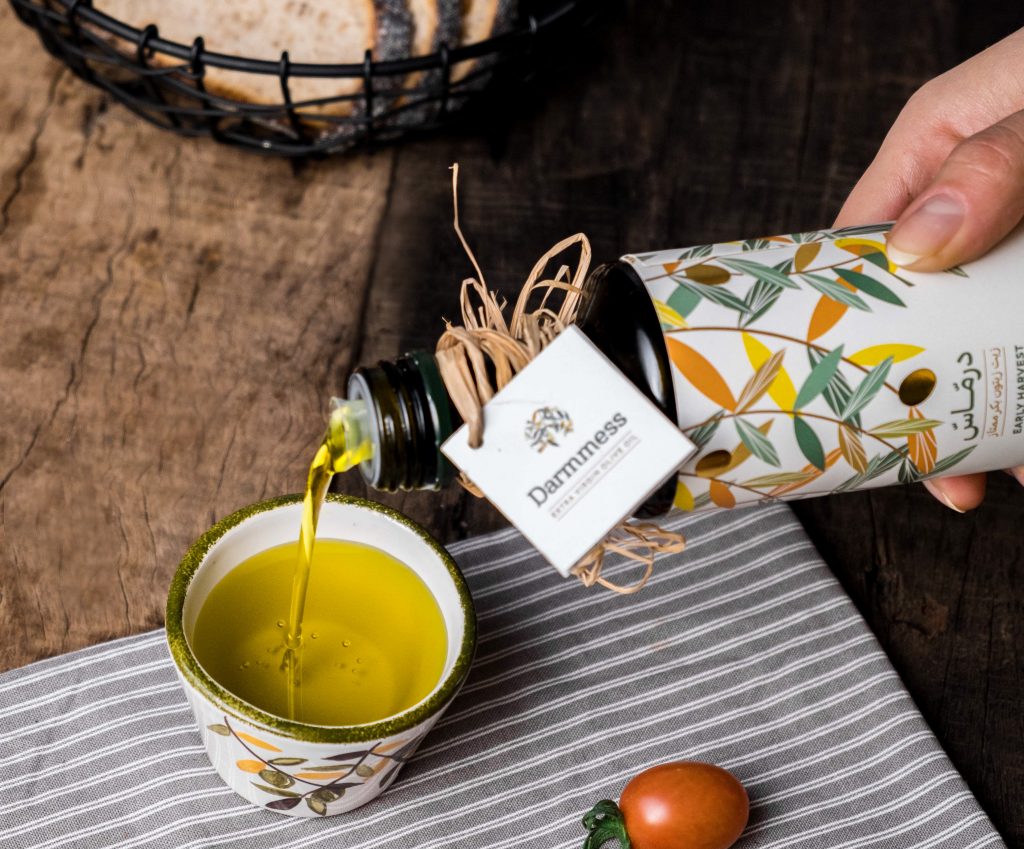
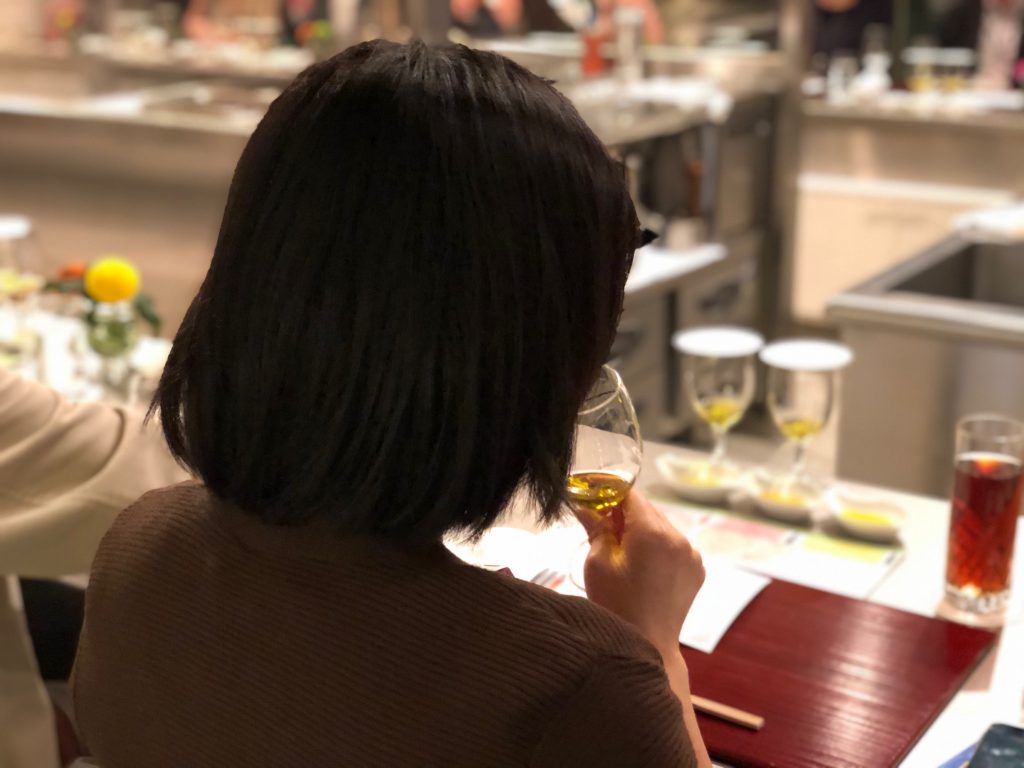
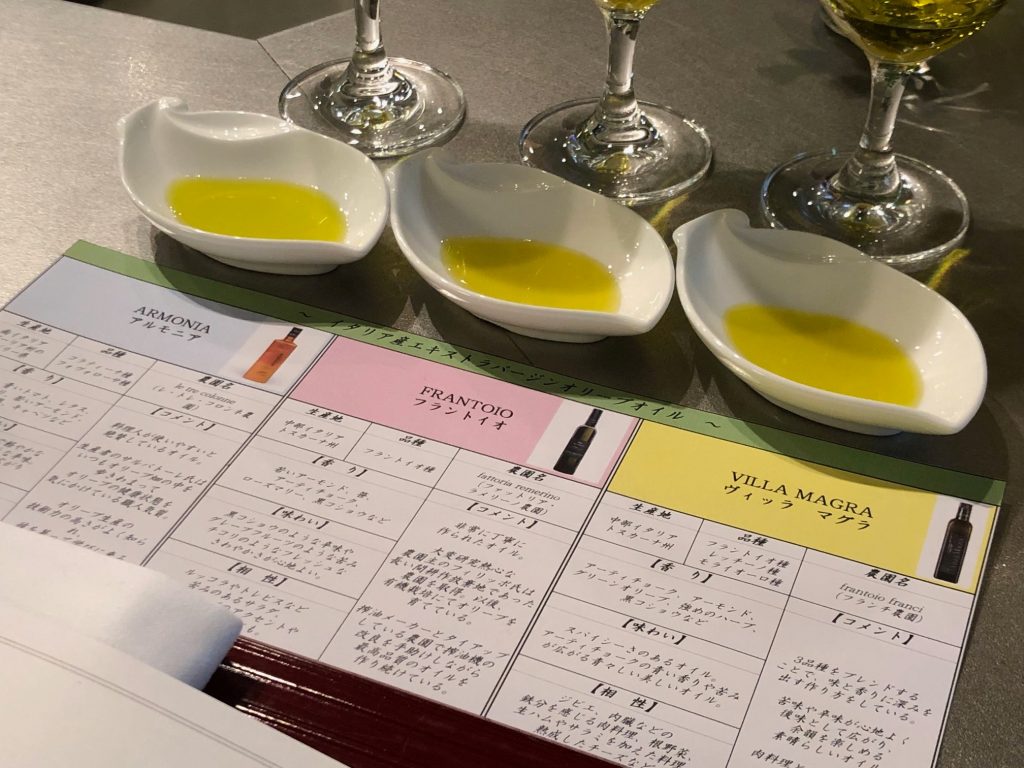



Rawaa Talass Dubai
It may come as a surprise to discover that ever since 2013, Tokyo has played host to an international culinary contest, known as the Japan Olive Oil Prize (JOOP). Evaluated through a professional jury of olive oil sommeliers coming from Italy, Greece and Japan, all extra virgin olive oil producers are welcome to participate by sending samples of their aromatic golden liquid to be tested blindly.
Demonstrating an eye for detail, this year’s edition of the competition introduced a new set of three prizes devoted to recognizing the best design of the competing olive oil bottles. Following their ethos of “A good extra virgin olive oil deserves to look good,” the jury — made up of professionals who have backgrounds in architecture, interior design, and computer science — is essentially looking for how each product’s brand identity is presented through its unique logo, bottling, and packaging.
“When it comes to olive oil, we only aim for the best,” according to a statement made on the Prize’s website. One of the aims of the competition is to introduce local audiences and distributors to a variety of extra virgin olive oil brands in a country that apparently has the highest rate of olive oil consumption in Asia.
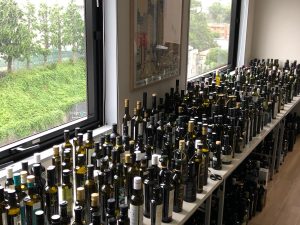
Synonymous with Mediterranean cooking and recommended for its numerous health benefits, the use of olive oil kicked off in Japan during the 1980s, importing it predominantly from Spain and Italy. Despite the country’s turbulent weather conditions, a few innovative local growers have taken the initiative to produce their own olive oil in farms near Tokyo and Hiroshima, and most importantly, Shōdo Island. Dubbed as the ‘Olive Island’, it has been considered Japan’s leading source of olive cultivation since 1908.
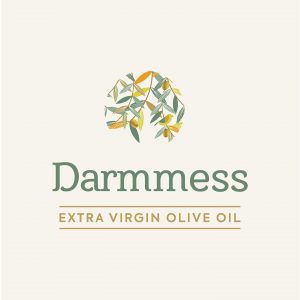
This month, in the midst of an unprecedented economic crisis and the coronavirus pandemic, Lebanon (for the first time) was amongst the 16 countries that were awarded by JOOP for their high-quality olive oil brands. Unlike previous iterations of the Prize, this year showed a stronger presence of Arab brands, homegrown in Jordan, Tunisia, and Morocco.
With the participation of the newly launched “Darmmess” — hailing from the southern Lebanese village of ‘Deir Mimas’ — Lebanon was granted a Silver Medal through an online ceremony. Based in Beirut, Rose Bechara is the olive oil connoisseur behind her long-planned enterprise “Darmmess”, established during the protests that erupted across the country in October 2019.
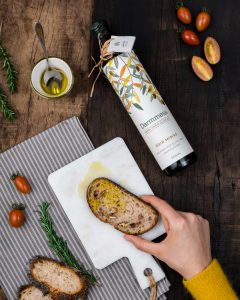
“I didn’t want to make the oil in the traditional way, just like everywhere in Lebanon,” Bechara told Arab New Japan. “I wanted something that is high end, very premium and reflects a very beautiful image of Lebanon and our Lebanese olive oil.”
For the marketing-specialized entrepreneur, the story of producing organic olive oil is a personal one, taking her back to her childhood spent in Deir Mimas, renowned for its abundance of olive trees. “Since I was a kid, I have always been proud of our village’s olive oil,” reflected Bechara. “It is considered the ‘Bordeaux’ of olive oils. They say that this is due to the altitude, the climate and the nature of the land and the fact that our olive trees are very old – some of them are 2,000 years old.”
To produce the extra virgin, ‘green gold’ olive oil, Bechara works with a dedicated team of part-time male and female farmers, who only harvest non-mature, green olives in her family’s grove of the “Al Ordon” territory during late September or early October. Classified as ‘Souri’, the hand-sorted olives are pressed by one of the village’s modern mills. Then, the liquid is filtered, eliminating particles that cause oxidization. Poured into 500ML bottles, they are embellished with a simple yet charming design, illustrating the olives as golden nuggets.
Describing the monovarietal (made with one type of olive) oil’s distinct flavor, she explained: “You feel the taste of the green olives. It’s spicy and at the same, there is fruitiness. What makes the oil accepted and appreciated by almost everyone is the fact that it’s balanced in taste and low in acidity.”
While most might associate the labor-intensive profession of olive cultivation as a man’s game, the endeavors of Bechara serve as a refreshing reminder of women’s role in olive oil production. Acting as Lebanon’s representative of the ‘Women in Olive Oil’ NGO, Bechara and her fellow 999 women cultivators from over 40 countries prioritize empowering, supporting and exchanging ideas with women who are active in the olive oil industry.